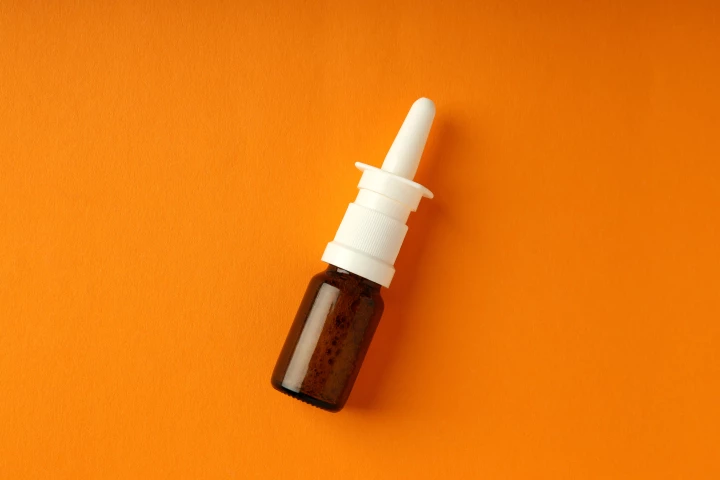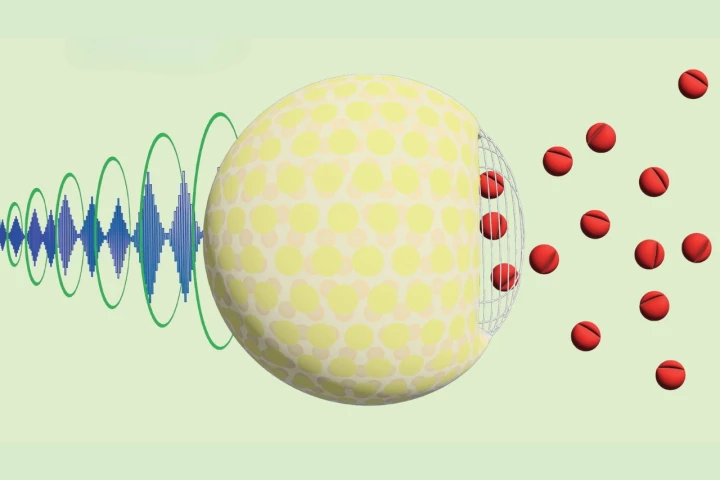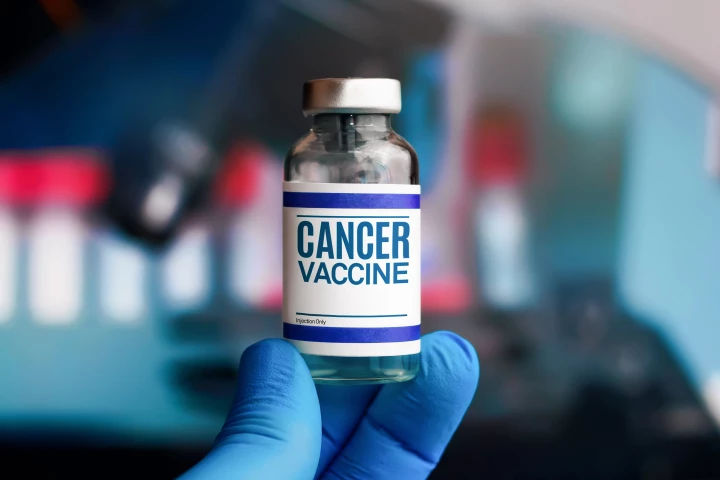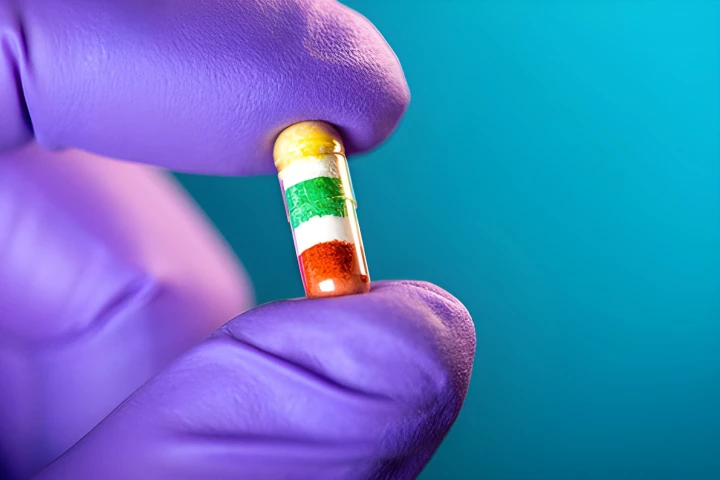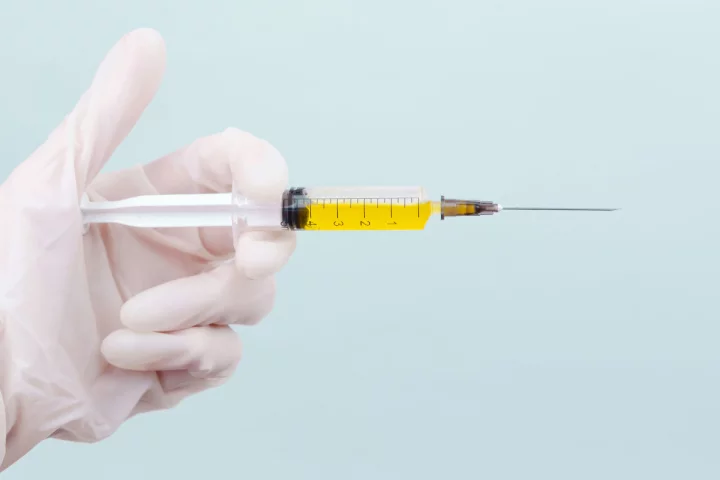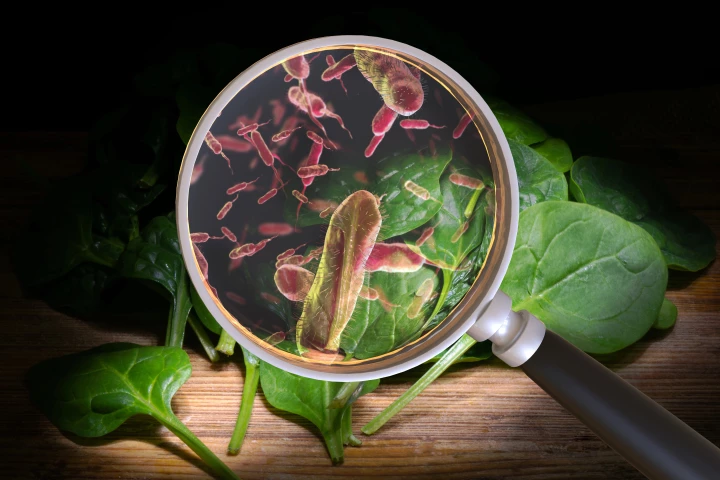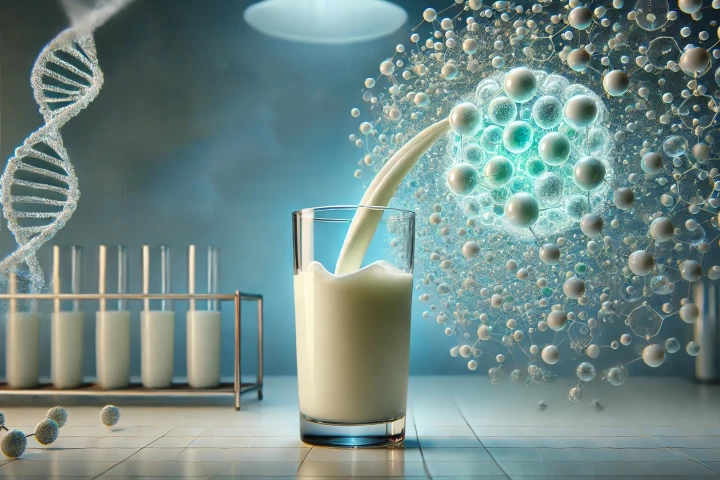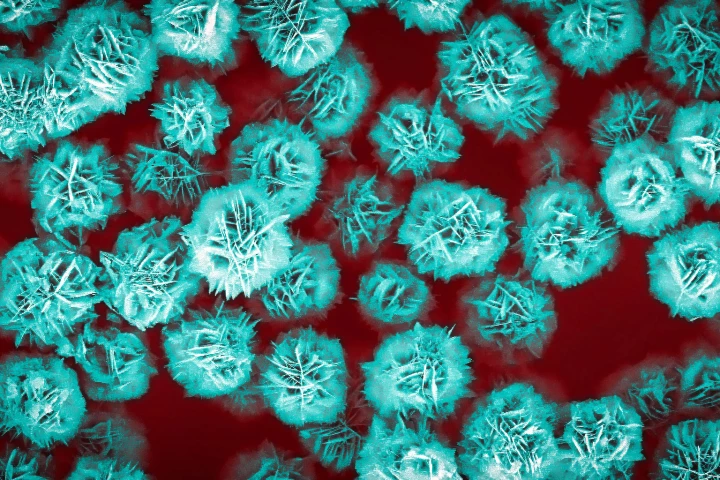Drug delivery
-
The US Food and Drug Administration (FDA) has approved the first intranasal diuretic for heart, liver and kidney disease patients, aiming to prevent a common and costly issue that results in more than a million hospitalizations each year.
-
How do you send drugs to specific parts of the body so they do their job and avoid causing side effects elsewhere? According to researchers at Stanford University, the answer is a combination of nanoparticles, a pulse of ultrasound, and sugar.
-
An engineered protein that acts like a molecular sponge can hunt down CO molecules in the bloodstream and safely flush them out of the body in just minutes, without the risk of short- or long-term organ damage that comes with current oxygen treatment.
-
The Remora fish has an oval slatted disc on its head which it uses like a suction cup to stick to sharks. It's inspired a capsule-sized platform that can stick to surfaces when submerged in liquids, including your digestive tract.
-
Following on from a breakthrough human trial that reprogrammed the immune system to overpower an aggressive brain tumor, scientists have now used the same mRNA tech to attack any cancer. It could make chemotherapy, surgery and radiation redundant.
-
For some common medical conditions, timing is everything when it comes to taking medications. Now, a customizable capsule engineered at UC San Diego could simplify complicated dosing schedules thanks to a unique staged release system.
-
Injection needles can be scary, and the larger ones for longer-term medications are far more intimidating. Researchers have created a better way to deliver drugs into patients' systems, and it involves turning those drugs into tiny crystals.
-
We've almost all been hit with a horror stomach bug. At best, it's a 24-hour nightmare, and at worst it's deadly. But huge strides are being taken towards the first Salmonella and norovirus vaccines, which could make severe illness a distant memory.
-
Americans will soon have access to an infusion treatment that provides round-the-clock relief of Parkinson's symptoms. The US FDA has green-lit this innovative drug delivery system, which is expected to be available in the fourth quarter of 2025.
-
A couple of University of Nebraska professors have launched a startup company with the goal of bringing to market an innovative method for delivering drugs and other therapeutics to targeted locations in the human body. The key ingredient? Milk.
-
Whether a medication is taken orally or intravenously, it ends up traveling throughout the body instead of going solely to the place it's needed. Such could soon no longer be the case, however, thanks to a new microparticle that looks like a flower.
-
A peptide hormone produced in the brain that triggers physiological changes in reproduction has been 'hacked' to create an effective, safe and non-invasive way to treat chronic gut pain. Scientists are calling it an entirely new class of painkiller.
Load More
